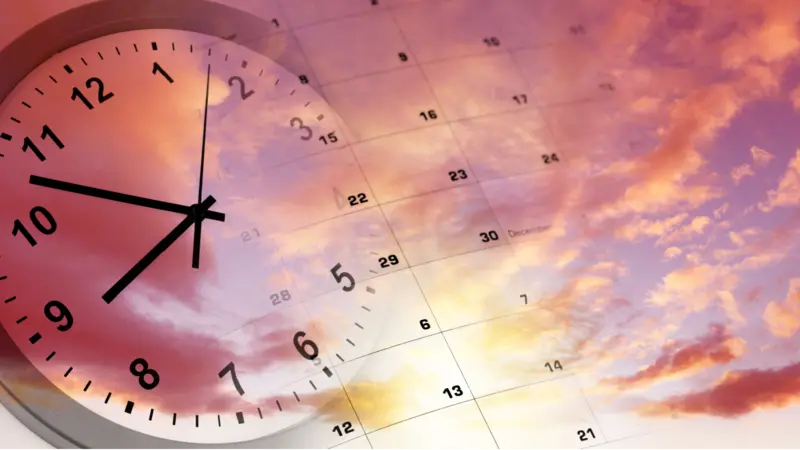
STILLFX/Shutterstock

WELLthier Living and Aging
Article Abstracts
Mar 23, 2023

WELLthier Living and Aging
Six Tips to Sleep Better After Daylight Saving Time
Article Abstracts
Apr 15, 2025
“Springing ahead” brings with it an enjoyable extra hour of light at the end of the day—but it also means an hour of lost sleep, which can interfere with your circadian rhythm. Studies have shown that irregular sleep can lead to physical and mental problems including heart disease and depression.
For those struggling with energy levels following the change to Daylight Saving Time, there are some ways to help your body adjust to the time change.
- Eat well—Studies have shown that diets low in fiber and high in saturated fat and sugar can result in lighter, less restorative sleep. Eating a nutrient-dense diet with fresh, seasonal foods will contain the fiber, vitamins, and healthy fats needed to support deep, restful sleep and overall health.
- Get outside first thing—Morning light has an important impact on the brain, and taking in the morning light can help reset your circadian rhythm.
- Limit caffeinated drinks—Caffeinated drinks such as coffee can stay in your bloodstream for up to six hours, so it should be avoided in the afternoon to help you wind down as bedtime approaches.
- Shut off screens—The blue light from electronics disrupts melatonin production and can keep you up past bedtime, so turn screens off at least an hour before bed.
- Do a calming activity—Rather than watch TV or scroll on your phone, try a calming activity like a hot bath, reading, or listening to music.
- Prep your bedroom—Make sure your bedroom is cool, dark, and has background noise such as a fan or noise machine for a restful night ahead.
REFERENCES
Fellows, L. (2023, March 15). How to sleep better after the daylight saving time change. https://thepaleodiet.com/how-to-sleep-better-after-the-daylight-saving-time-change


 By
By







